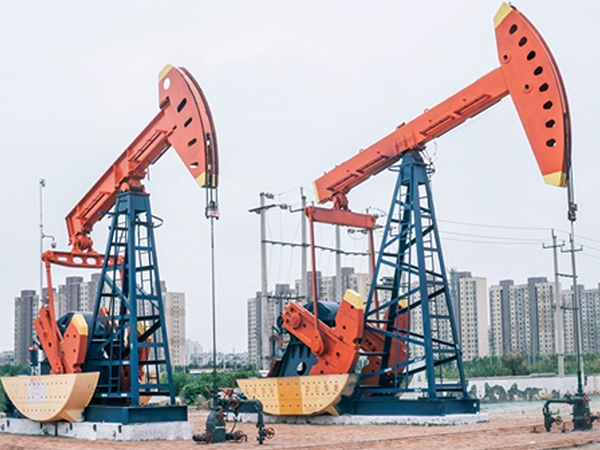In the realm of oil exploration and development, laser cladding technology is revolutionizing the petroleum industry. It mainly applies to the strengthening of oil drill bits, the repair of oil pipelines, and the enhancement of valve seal surfaces. With the effectively dissipated heat of the laser chiller, the laser and cladding head operate stable, providing reliable protection for the implementation of laser cladding technology.
In the realm of oil exploration and development, the durability of the equipment is crucial for ensuring continuous and efficient operations. Laser cladding technology, as a cutting-edge surface treatment technique, is revolutionizing the petroleum industry. This technology applies high-performance alloy coatings to equipment, significantly enhancing properties like wear resistance and corrosion resistance, thus greatly extending its lifespan.
Laser cladding utilizes a high-energy laser beam to instantly melt alloy powder onto the surface of equipment, forming a dense and uniform coating with excellent hardness, wear resistance, corrosion resistance, and resistance to high-temperature oxidation.

1. Applications of Laser Cladding Technology in the Petroleum Industry
Strengthening of Oil Drill Bits: By subjecting drill bits to laser cladding treatment and covering their surfaces with high-performance alloy coatings, their hardness and wear resistance are significantly increased. In practice, strengthened drill bits exhibit longer lifespans and higher drilling efficiency, reducing replacement costs and downtime.
Repair of Oil Pipelines: Laser cladding technology provides an effective solution for online repair of oil pipelines. Without the need for shutdown or disassembly, worn or corroded areas can be quickly and precisely repaired, restoring pipeline integrity and reducing maintenance time and costs, ensuring continuous transportation.
Enhancement of Valve Seal Surfaces: Laser cladding strengthens valve seal surfaces by covering them with high-performance alloy coatings, enhancing their hardness and wear resistance. Strengthened seal surfaces exhibit longer lifespans and more reliable sealing performance, reducing the frequency of replacements and maintenance costs.
2. Role of Laser Chillers
It's worth mentioning that the laser in laser cladding equipment is a core component, but it generates a considerable amount of heat during prolonged operation. To ensure the stable operation of the laser and cladding head, laser chillers play a crucial role. Laser Chillers effectively dissipate heat by circulating cooling water, providing reliable protection for the implementation of laser cladding technology.
With continuous technological advancements and the expansion of application areas, we have reason to believe that laser cladding technology will shine in more fields, injecting new vitality into the development of modern manufacturing industries.
We're here for you when you need us.
Please complete the form to contact us, and we'll be happy to help you.
Copyright © 2025 TEYU S&A Chiller - All Rights Reserved.